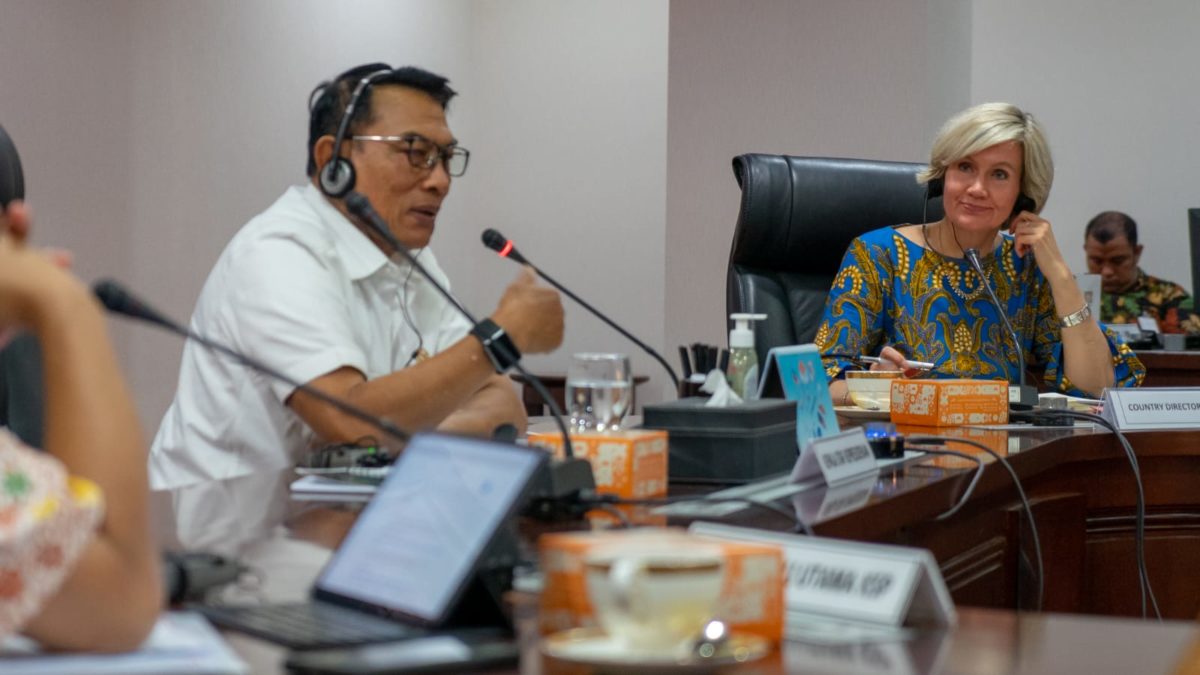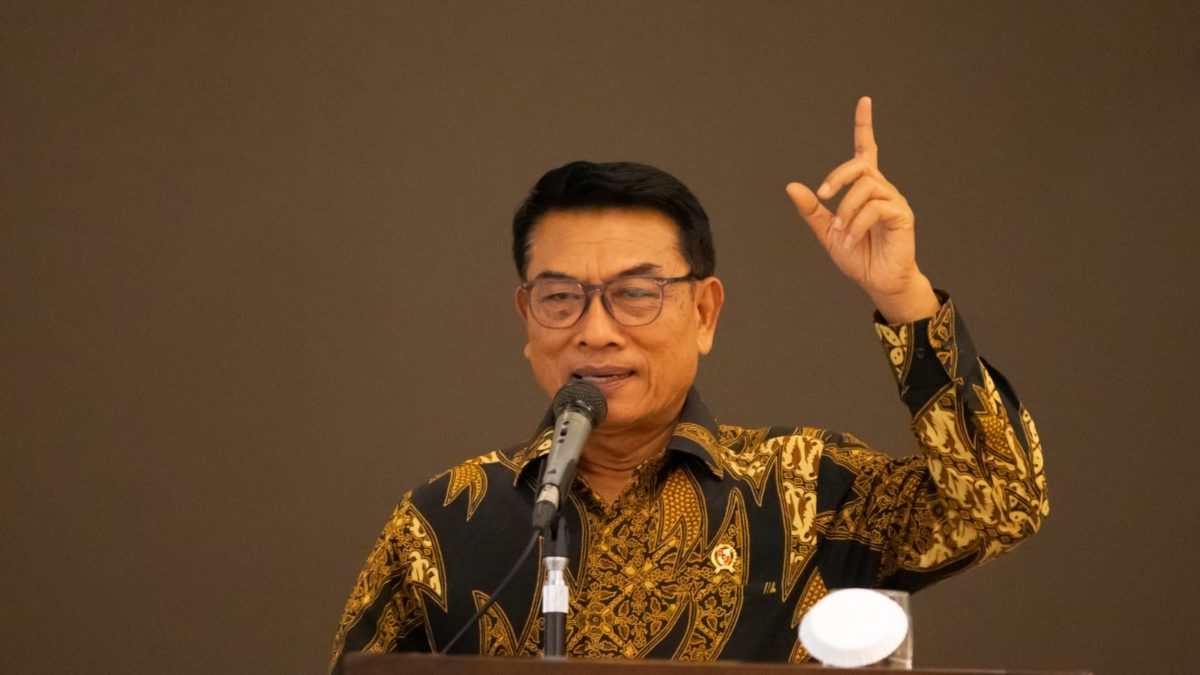The World Bank has expressed its appreciation for Indonesia’s unwavering dedication to transforming its economy into a green and sustainable one. Satu Kahkonen, Head of World Bank’s Representative Office for Indonesia and Timor-Leste, personally conveyed this appreciation to Moeldoko, Chief of Staff to the President, during a meeting held at Bina Graha Building in Jakarta on Tuesday (16/5) afternoon.
Highlighting the intricate link between economic growth and carbon emissions, Kahkonen acknowledged that while Indonesia’s economic expansion has led to increased carbon production, the country has managed to mitigate its impact.
“Indonesia’s economic growth does have implications for carbon emissions, similar to other developing nations. However, the good news is that Indonesia’s carbon emissions are not growing at the same pace as its per capita income,” she explained.
Supporting her statement with data from the Indonesia Country Climate and Development Report (CCDR), Kahkonen pointed out that Indonesia’s economy has consistently grown, while carbon emissions have displayed a downward trajectory.
This positive trend is attributed, in part, to the Indonesian government’s range of policies aimed at land restoration, deforestation prevention, enhanced land mapping, and the establishment of specialized institutions for land management.
In response, Dr. Moeldoko expressed his gratitude for the World Bank’s valuable contribution through the independent CCDR research. The report not only illuminates the interplay between economic growth and climate change but also highlights Indonesia’s proactive measures to address this global challenge.
Under President Joko Widodo’s leadership, the Indonesian government has prioritized climate change issues. Long-term commitments, such as targeting carbon neutrality by 2060 in alignment with the Paris Agreement, demonstrate Indonesia’s dedication. Furthermore, when Indonesia assumed the presidency of the G20 last year, the imperative discussions centered around the green economy and energy transition.
Moeldoko emphasized President Jokowi’s effective policies in curbing deforestation, including the influential Presidential Instruction (Inpres) No. 8 of 2018, which imposed a moratorium on palm oil plantation permits. Additionally, President Jokowi’s vision encompasses the development of an expansive 30,000-hectare green industrial zone in North Kalimantan Province (Kaltara), positioning Indonesia as a global leader in environmental initiatives.
Citing the positive correlation between economic growth and emissions reduction, Dr. Moeldoko conveyed his optimism that Indonesia will continue to lead by example. He emphasized that the government’s commitment to energy transition goes beyond mere rhetoric or empty promises, reflecting a genuine determination to create a sustainable future.
The recognition from the World Bank serves as a testament to Indonesia’s resolute efforts in pursuing a greener and more environmentally friendly economy. As the country marches towards a future characterized by sustainability, the world watches closely, inspired by Indonesia’s commitment to preserving the planet for generations to come.



